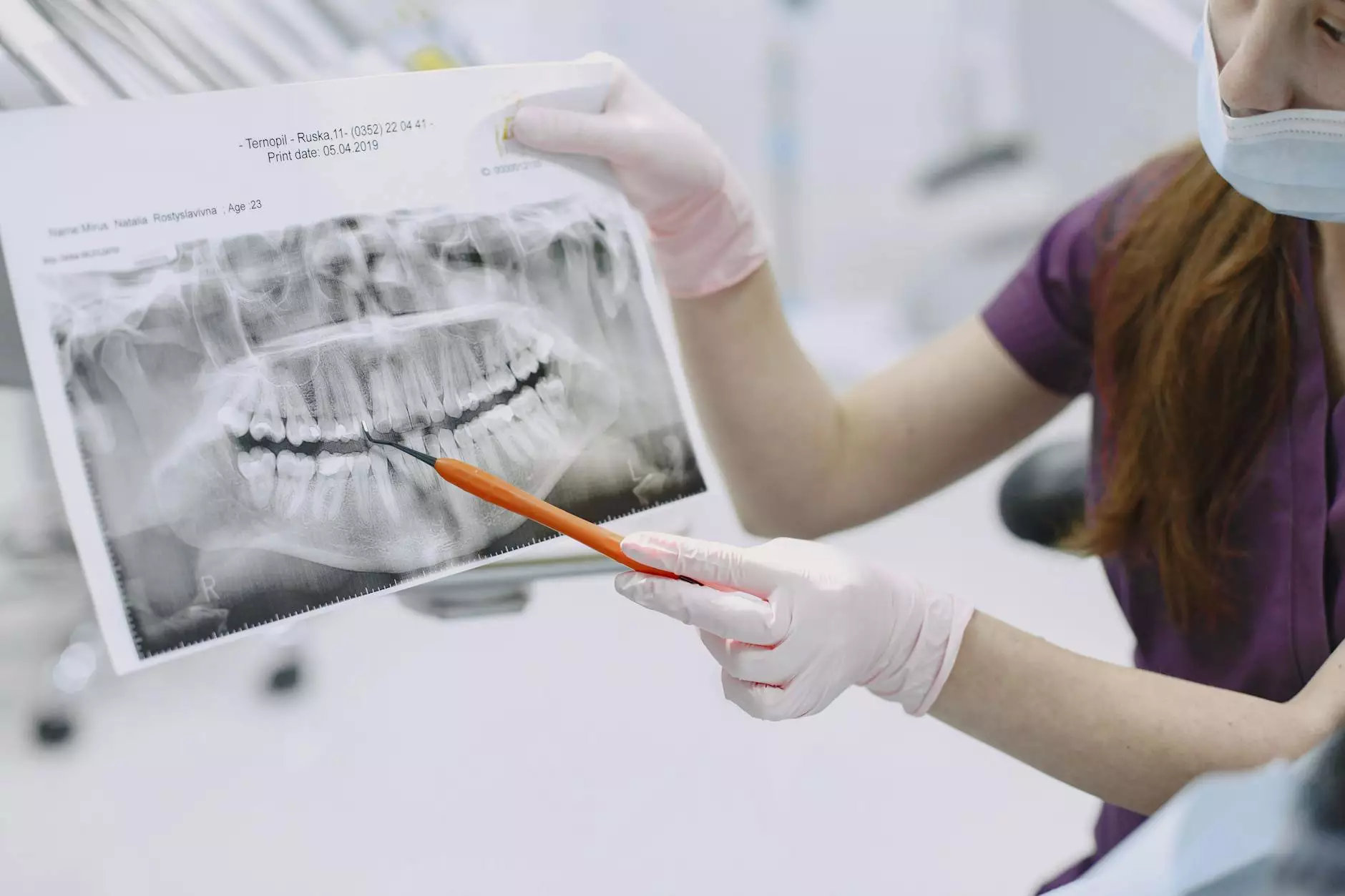Understanding Dental Nightguards: Protect Your Smile

Dental health is an essential aspect of overall wellness, yet many individuals overlook the potential threats that can arise during sleep. One of the most common issues faced by adults is dental nightguards, specifically designed to protect teeth and jaws from the harmful effects of bruxism (teeth grinding) and other dental ailments during the night. In this detailed guide, we will explore the significance of dental nightguards, their types, benefits, and how they can significantly improve your quality of life.
What Are Dental Nightguards?
Dental nightguards are custom-made oral devices that fit over your teeth, providing a protective barrier against the damaging effects of teeth grinding and jaw clenching during sleep. These devices are typically crafted from durable plastic and are designed for comfort and effectiveness. They act as cushioning to absorb the pressure exerted when grinding occurs, thereby preserving the integrity of your teeth, gums, and jaw joints.
Why Do You Need Dental Nightguards?
While it may seem harmless, teeth grinding can lead to serious dental issues if left unaddressed. Below are some compelling reasons why dental nightguards are essential:
- Prevention of Tooth Damage: Continuous grinding can lead to worn down enamel, cracks, and even tooth loss.
- Reduction of Jaw Pain: Nightguards can alleviate pressure on the jaw, reducing discomfort and the risk of temporomandibular joint (TMJ) disorders.
- Improvement of Sleep Quality: By reducing the stress and discomfort associated with grinding, users often experience improved sleep quality.
- Cost-Effective Solution: Investing in a nightguard can save you money in the long run by preventing extensive dental repairs.
Types of Dental Nightguards
Dental nightguards come in various forms, each designed to cater to the specific needs of the user. Understanding these types can help you make an informed decision:
1. Soft Nightguards
Soft nightguards are typically recommended for mild cases of bruxism. They are comfortable and easy to wear, providing sufficient protection for individuals who grind their teeth occasionally.
2. Hard Nightguards
Hard nightguards are more durable and are recommended for individuals with moderate to severe grinding. They can withstand greater pressure and offer superior protection against dental damage.
3. Dual Laminate Nightguards
These combine both soft inner layers and hard outer layers for the ultimate protection and comfort. They are suitable for individuals who might benefit from the flexibility of a soft guard but require durability.
4. Custom-fitted Nightguards
Custom-made nightguards are designed by dental professionals based on your dental impressions. They tend to be the most comfortable and effective option, tailored specifically to fit your mouth's unique shape.
How Dental Nightguards Work
The primary function of dental nightguards is to create a physical barrier between your teeth, minimizing the wear caused by grinding. They work by:
- Absorbing Impact: The material of the nightguard absorbs the forces generated during grinding, protecting your teeth from excessive wear.
- Aligning the Jaw: Nightguards can help in keeping your jaw in a more relaxed position, alleviating stress on the jaw joints and muscles.
- Reducing Noise: For those who share their beds with partners, nightguards can minimize the noise associated with grinding.
Benefits of Using Dental Nightguards
The benefits of using dental nightguards extend beyond just preventing dental damage. Here are some noteworthy advantages:
1. Protects Dental Health
Regularly wearing a nightguard protects your teeth from significant damage, thereby maintaining your dental health and saving you from costly treatments.
2. Alleviates Pain and Discomfort
The cushioning effect of nightguards can significantly reduce jaw pain, headache, and soreness in the morning, allowing for a more comfortable sleep.
3. Supports Dental Alignment
Some nightguards can assist in better dental alignment, reducing the risk of developing malocclusion due to teeth grinding.
4. Enhances Overall Well-being
As a result of less pain and improved sleep quality, individuals often report a boost in mood and overall well-being.
How to Get a Dental Nightguard
Getting a dental nightguard typically involves a simple process. Here’s what you can expect:
1. Consultation with Your Dentist
The first step is to schedule an appointment with your dentist. They will examine your teeth and jaw to determine the severity of your bruxism and discuss the best treatment options for you.
2. Dental Impressions
If a nightguard is recommended, your dentist will take impressions of your teeth. These impressions are vital in creating a custom-fit nightguard that comfortably fits your mouth.
3. Fabrication of the Nightguard
The impressions are sent to a dental laboratory, where your nightguard will be fabricated. This process may take a few days.
4. Fitting Appointment
Once the nightguard is ready, you will return to the dentist for a fitting. They will ensure it fits correctly and comfortably, making any necessary adjustments.









